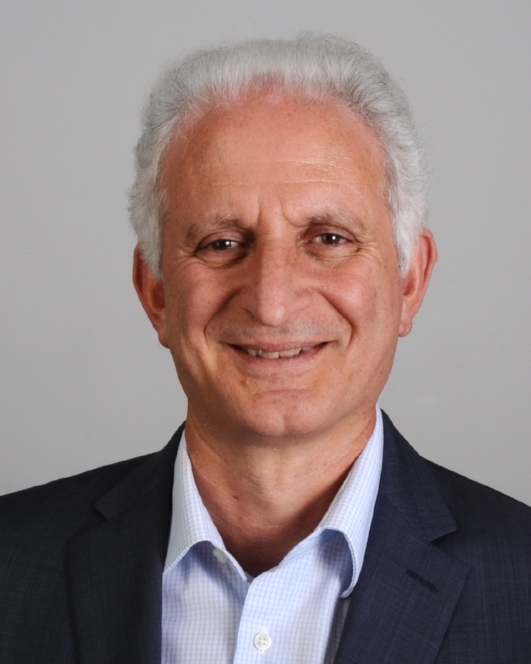Prof. h.c. Dr. rer. nat. Ali Salmassi
Ali Salmassi graduated with a PhD from the Technical University of Berlin.
From 1992 to 2015 he was director of the Reproductive Biology Laboratory in the Unit for Endocrinology and Reproductive Medicine at the Department of Obstetrics and Gynecology, University Hospitals Schleswig-Holstein, Campus Kiel.
In 2008 he was recognized by the European Society of Human Reproduction and Embryology (ESHRE) as a Senior Clinical Embryologist.
He is the author of numerous publications and given lectures or presentations at internationally recognised conferences, e.g. World Congress on In-Vitro Fertilization, Assisted Reproduction & Genetics; ESHRE, ASRM und FIGO.
From 2006 to 2014 he annually carried out International Intensive Training Courses (Workshops) in reproductive medicine and ART in UK-SH hospital and since 2014 for International school of medicine Kiel.
His lectures and practical demonstrations deal with the basics of reproductive biology and medical techniques in ART as follows:
Topic I in Kiel:
“The influence of morphology of human oocytes, zygotes, embryos and blastocysts on the success of reproductive medical methods”
Controlled ovarian hyper stimulation recruits follicles of different qualities, nuclear or cytoplasmic maturation may be able influence oocyte morphology. Object of this study is to describe: Which morphological markers are predictive for in assisted reproductive technology (IVF/ICSI) and leads to success?
This lecture give you an over view on the day of follicular puncture about: collection of cumulus oocyte complex (COC) from follicle fluids, grading of cumulus Oocyte maturation, scoring of oocyte quality and its morphological influence in a success rate.
On the day 1: fertilization check and morphological evaluation at zygote stage, Classification of pronuclear parameters and its influence in pregnancy rate. On the day 2-3: evaluation of embryo quality, their cleavage-stage, embryo scoring and on the day 5: scoring of blastocysts according to consensus ESHRE 2012.
Topic II in Kiel: “Culture Medium, Culture Techniques Tips and Tricks”
A suboptimal culture medium can destroy your success in fertilization and also embryo development. This lecture and some practical presentation will give participants an overview about culture medium, what is impotent in culturing, will give you an overview about culture medium, what is impotent in culturing, where you have to take attention and how you cann optimise medium performance. Addtional will show you the preparation of culture dishes. Finally the participants learn Cleaning agents and Hygiene Schedule, rules of conduct and procedural methods, some important rolls to pay attentions.
Topic III in Kiel: “Sperm preparation for ART”
Analysis of sperm macroscopic and microscopic, assessment of sperm number, motility, morphology, vitality. Different important sperm preparation techniques for ART, like as Simple washing, swim-up technique, density gradient centrifugation, preparing testicular and epididymal spermatozoa, different techniques for the semen selection by surface marker (DAN Integrity, important for clinical sperm diagnostic).
In Göttingen:
Practical part about analysis and preparation of sperm will be demonstrated in Göttingen.
An additional lecture and presentation will explain participants “tips and tricks, trouble shooting and what to do” at patients with very low sperm count, or patients with infections.
Topic IV in Kiel cryo preservation and thawing:
Worldwide more than 5.0 million children are born by ART. 20% of the children are born
by cryopreservation procedure. Techniques are slow freezing and vitrification. You will learn cryo preservation of: oocytes (social freezing), fertilized oocytes, embryos, ovarian tissue (in cancer patients) and sperm by slow freezing or verification (Closed or Opened system) methos.
Membership of societies and professional bodies:
European Society of Human Reproduction and Embryology (ESHRE)
American Society for Reproductive Medicine (ASRM)
The Study Group for Human Reproduction Biology (AGRBM)
The Study Group FertiPROTEKT.
Honorary membership of the Tabriz University of Medical Sciences
Advisory board of the German journal “gyn , praktische Gynecology”
